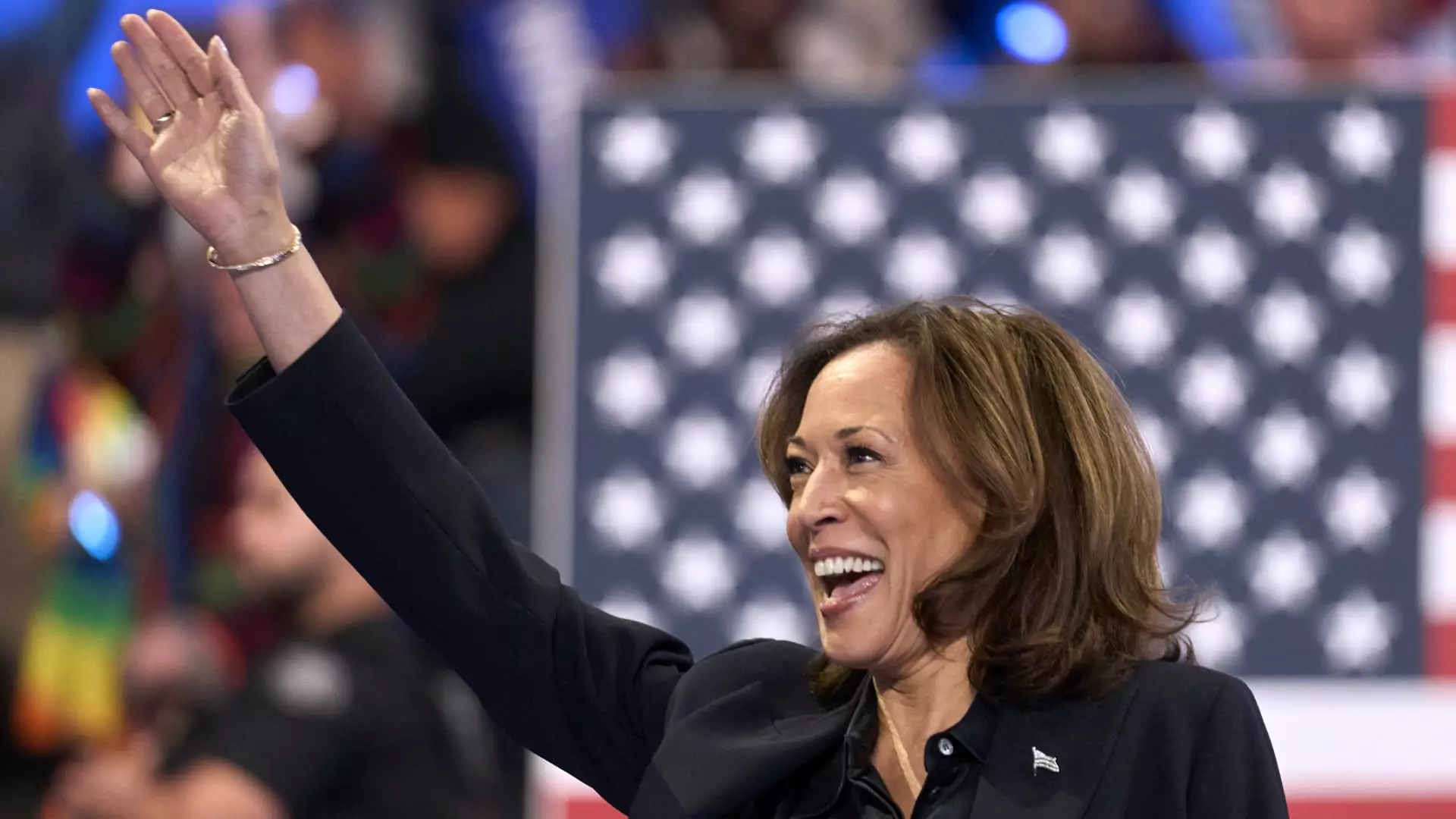Recent statements from Dr. Joshua Simmons, the personal physician to Vice President Kamala Harris, affirm that she is in “excellent health” and possesses the necessary physical and mental resilience to effectively fulfill presidential duties. This assessment was outlined in a two-page letter released to the public, intending not only to inform but also to reassure voters regarding Harris’ capacity to lead. At 59, Harris is described as leading a healthy and active lifestyle, with her most recent physical exam yielding “unremarkable” results. Such medical endorsements are crucial in the political arena, where public perception of a leader’s health can significantly impact their credibility and electability.
The timing of Harris’ health report is strategically significant, particularly in the context of the upcoming election and the contrasting health narratives surrounding former President Donald Trump. The Harris campaign appears poised to leverage her health disclosures as a point of contrast to Trump, who has historically provided scant information about his medical history. This juxtaposition is amplified by Trump’s own medical incidents, including a brush with assassination that raised concerns about his resilience and fitness for office. By highlighting Harris’ robust health, the campaign seeks to bolster her image as a competent leader, capable of taking on the responsibilities associated with the presidency.
Critically, Harris’ campaign promotes transparency through the release of comprehensive health information, including details about her mild nearsightedness and family history of colon cancer. This approach starkly contrasts Trump’s limited disclosures—a brief letter declaring him in “excellent” health devoid of concrete metrics or testing details, such as blood pressure or cholesterol levels. This raises valid questions regarding the importance of transparency in public health reporting for political figures. The narrative around Trump’s health, especially when he scrutinized the health of President Biden during the latter’s re-election bid, comes full circle, placing scrutiny on his own fitness for future political endeavors.
Moreover, public trust often hinges on perceived transparency, especially in the political sector where leaders are expected to be role models of health due to the rigorous demands of the office. As voters weigh their choices, assessments of candidates’ health can play a pivotal role in shaping their opinions about political competence and reliability. In this regard, Harris’ proactive disclosure encourages confidence in her leadership capabilities, whereas the ambiguity surrounding Trump’s health could potentially erode voter trust.
Vice President Kamala Harris’ health disclosure serves as a fortified strategy to enhance voter confidence ahead of the election. By contrast, the lack of detailed health information from Trump raises essential questions about integrity and transparency. As the political landscape evolves, the health narratives of candidates will continue to influence public perception, making the consideration of health in political campaigning all the more pertinent. Harris’ report not only addresses her wellness but reinforces her preparedness to lead, while simultaneously challenging the narrative surrounding her opponents.


Leave a Reply